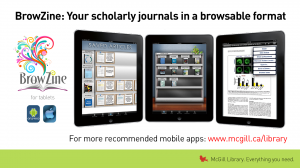I don’t read the winners of the National Book Award, the Booker or the Giller Prize or any other major literary prize.
But I do read the winning titles of the Diagram Prize, which is bestowed on the book with the silliest title. I’m almost certain that the titles are better than the books themselves. Furthermore, the pleasure or gratification is instantaneous. Why waste time reading the book?
The 2013 winner is Goblinproofing One’s Chicken Coop, by Reginald Bakeley. To my disappointment and surprise, it beat God’s Doodle: the Life and Times of the Penis, by Tom Hickman. It lost by this much.
In 1978, to fend off boredom at the Frankfurt Book Fair, some book distributors (Diagram Group) thought it might be a “passe-temps” to offer a prize for the most bizarre book title. That year the prize went to Proceedings of the Second International Workshop on Nude Mice. I was blissfully unaware that some mice actually sported vestments.
Some of my favorite winners are Greek Rural Postmen and Their Cancellation Numbers (1996), Cooking with Poo (2011), and what might be considered a companion volume, How to Shit in the Woods: An Environmentally Sound Approach to a Lost Art (1989). Worldcat shows, that somehow, 173 libraries acquired the 1989 edition, while 253 opted for the 1994 reprint. Cracks in the approval plans?
Only 3 libraries dared purchase Cooking with Poo -all of them Australian. If scatological titles don’t sit well with you, perhaps The Stray Shopping Carts of Eastern North America: A Guide to Field Identification (2006) or Butterworths Corporate Manslaughter Service (2001) might pique your interest. The last named should be a futuristic detective novel, but it isn’t.
Fresh out of Iibrary school, I considered purchasing The Madam as Entrepreneur: Career Management in House Prostitution (1979) if only to prominently display the book cover as I rode the subway, but I was finishing Sophie’s Choice (Styron) and promised myself Shibumi (Trevanian) next.
I eagerly anticipate the list of contenders for the 2014 Prize; be still my beating heart.

